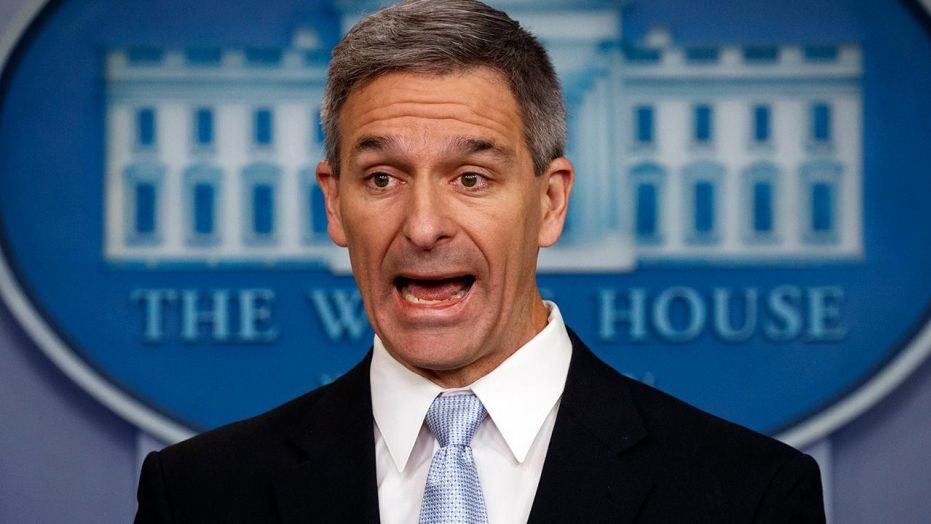September 06, 2019

The Trump Administration has issued new rules that will make it tougher for poorer people to qualify for a US Green Card. The new rules essentially disqualify people who use some US welfare programs from ever being able to obtain a Green Card.
The new rules apply to all those who apply for a Green Card after October 15.
Ever since the 1880s, the immigration law has said that people likely to become a “public charge” should not be allowed into the country. What the Trump Administration has done with the new rules is define “public charge” more firmly.
But even before announcing the new and stricter rules, the Trump Administration had been relying on the old “public charge” rule to reject vastly more applicants for visas than before. In fiscal year 2016, the last full year of the Obama Administration, which ended one month before President Trump was elected, the government rejected 164 applicants because they were likely to become “public charges.” In the last fiscal year, which ended September 30, 2018, the Trump Administration rejected 5,518 applicants for that reason. That was an increase of 3,300 percent.
The acting director of US Citizenship and Immigration Services (USCIS), Kenneth Cuccinelli, outline the “public charge” rules at a White House briefing August 12.
“Under the rule, a public charge in now defined as an individual who receives one or more designated public benefits for more than 12 months in the aggregate within any 36-month period. For instance, receipt of two different benefits in one month counts as two months….
“Some examples of the public benefits that are part of the rule are general assistance [which is cash welfare], SSI, SNAP [more commonly known as Food Stamps], most forms of Medicaid, and certain subsidized housing programs. Significantly, the rule does not consider many forms of government assistance that protect children and pregnant women’s health as public benefits.
“Generally, this includes emergency medical assistance, disaster relief, national school lunch programs, WIC, CHIP, Medicaid received by people under the age of 21 or pregnant women, as well as foster care and adoption subsidies, student and mortgage loans, energy assistance, food pantries, homeless shelters, and Head Start.”
Cuccinelli said, “Importantly, this final rule has no impact on humanitarian-based immigration programs for refugees and asylees. No impact on refugees or asylees….
“The final rule also excludes from consideration public benefits received by certain members of the US Armed Forces and their spouses and children, as well as Medicaid benefits for emergency medical services.
“Lastly, under the final rule, USCIS can permit an applicant seeking a green card from inside the United States, who is inadmissible only on the public charge ground, to adjust their status to that of a legal permanent resident if they will post a public charge bond.”
Cuccinelli also emphasized that the benefits have to be received by the person seeking a Green Card, not a relative. If an applicant’s daughter is getting Food Stamps, that will not impact the applicant seeking a Green Card.
The new rules were swiftly criticized by many Democrats, who saw the new rules as further targeting of immigrants by the Trump Administration. The attorneys general of California, Oregon, Maine, Pennsylvania and the District of Columbia jointly went to court, challenging the new rules as unconstitutional.
Many also complained that the rule is complex and many people would not understand—and, as a result, many would avoid getting any public welfare assistance, even from programs exempted, like WIC (Women, Infants, Children), a program that helps pregnant women, or would not accept aid for a few months, because they wouldn’t understand that they could accept 12 months’ worth of benefits without losing eligibility for a Green Card. They might even avoid going to a hospital in an emergency, although emergency health care is exempted.
The New York Times reported that Cuccinelli’s predecessor, L. Francis Cissna, had resisted pressures from Trump’s White House to write the new “public charge” rule. But he was ousted earlier this year.
